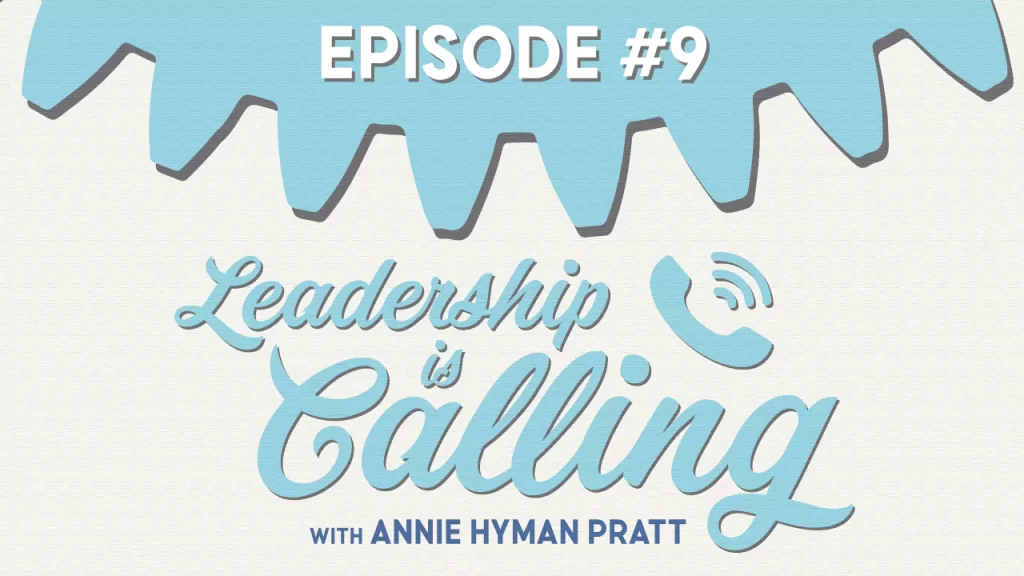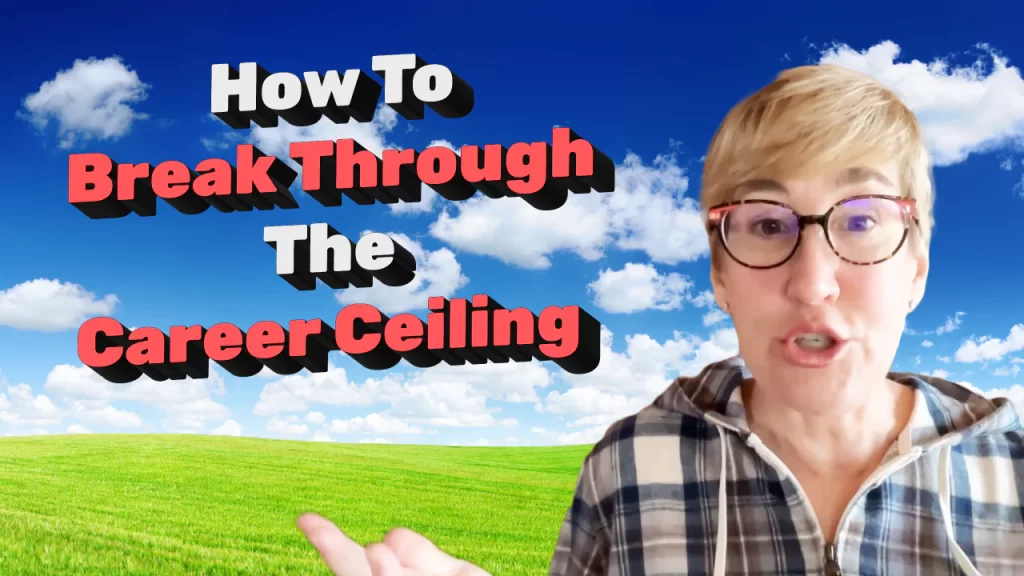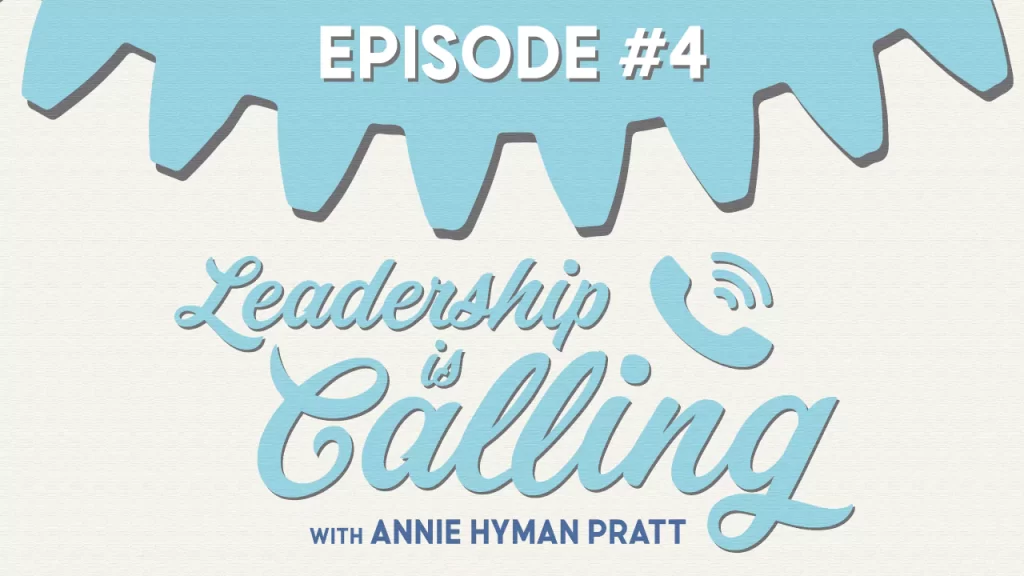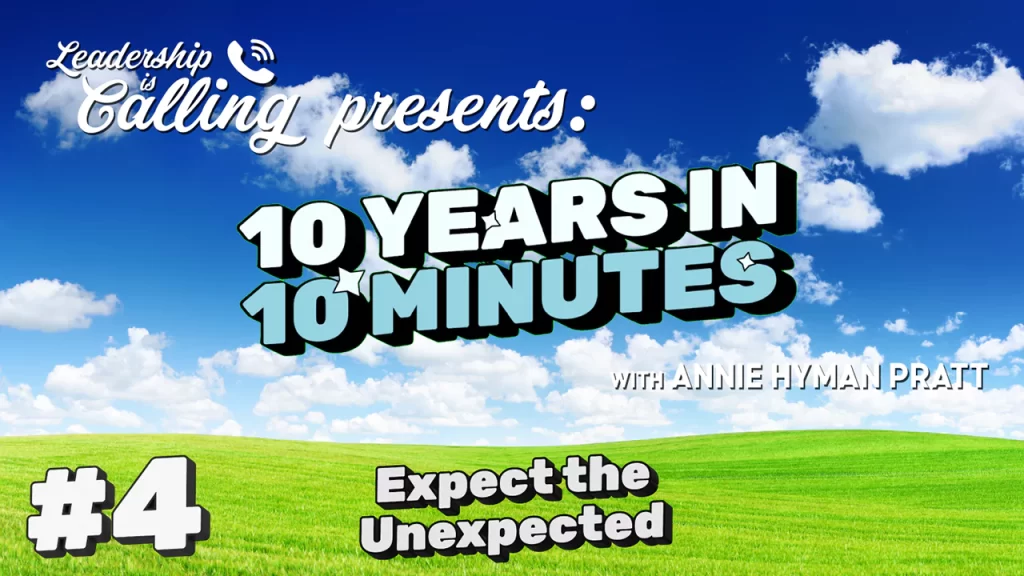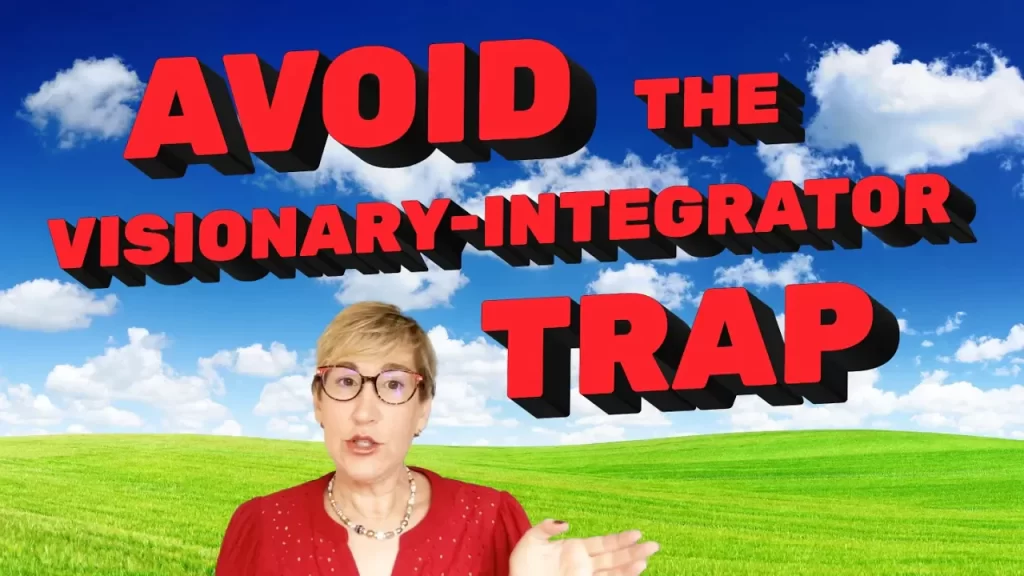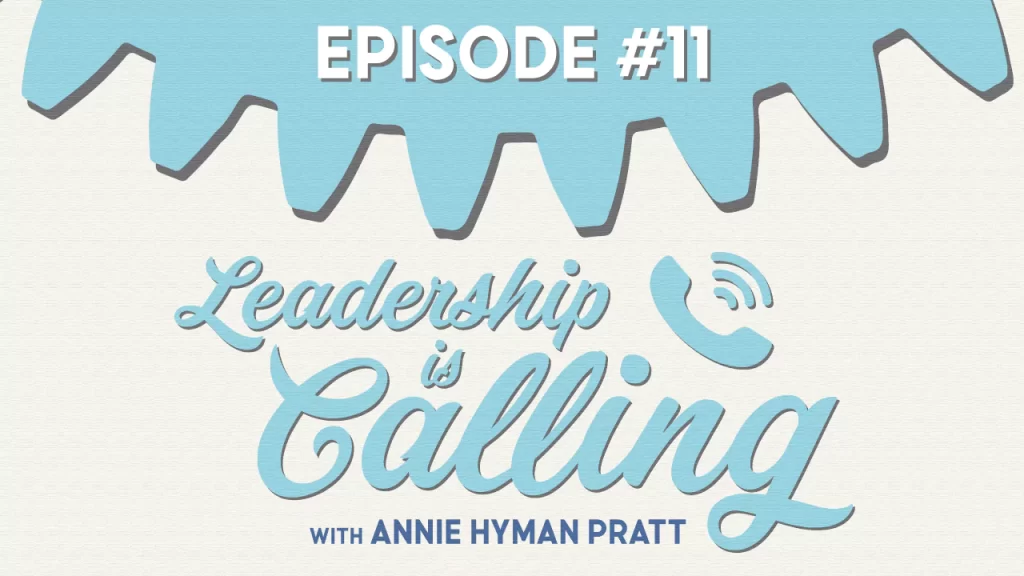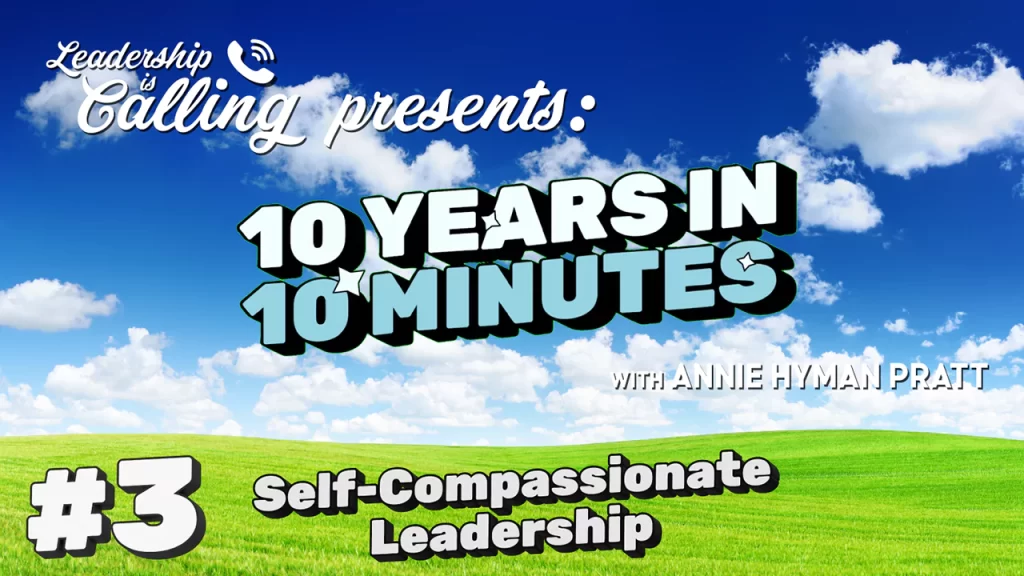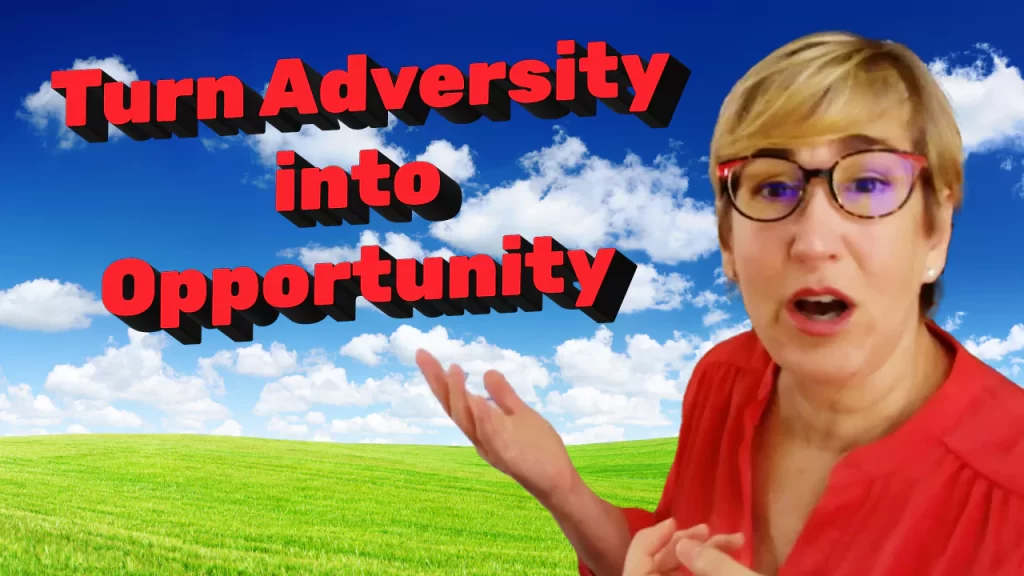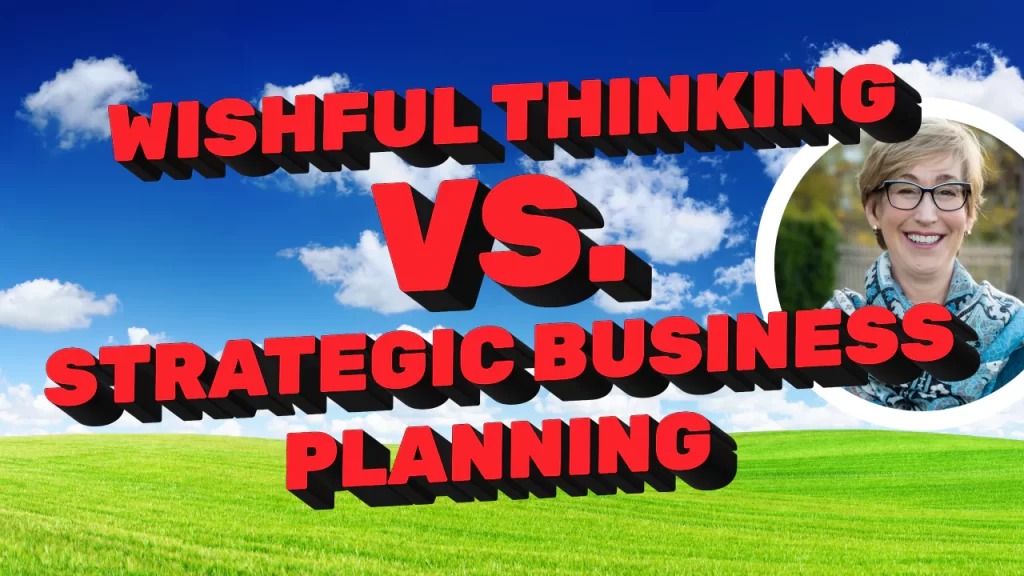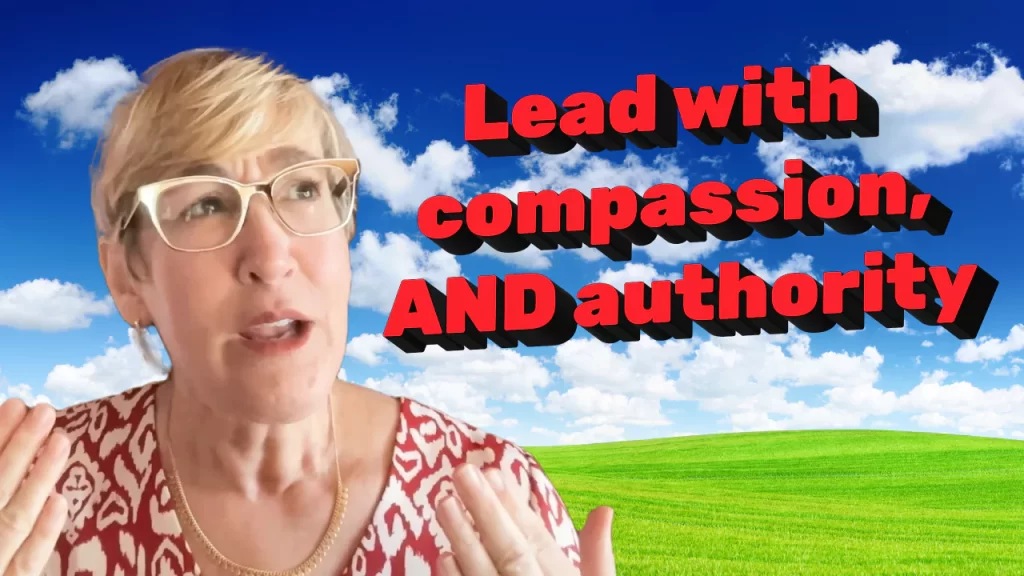Episode #25: How to Create a Culture of Values
Leadership is Calling Episode #25
Annie Hyman Pratt & Heather McGonigal
- Description
- Transcript
How to Create a Culture of Values
“If you don’t define what a value means, like integrity, respect, being service minded – if you don’t define those, then you get into complex situations and there are no good decisions.” – Heather McGonigal
In this 30-minute conversation, Annie Hyman Pratt, Founder and CEO of Leading Edge Teams, and Heather McGonigal, Program Director and Executive Coach, share their personal stories about how to create a culture of values in the workplace.
In this enlightening conversation, Heather and Annie discuss why values-based company cultures often backfire. They explain how values like “integrity” and “respect” mean different things to different people. Without clear definitions, values fail to coordinate behavior and create distrust. Instead, Annie and Heather advocate creating a culture based on situational, evolving agreements that provide psychological safety as circumstances change. They also stress the importance of self-care to maintain resilience during challenging times. Tune in for an insightful discussion on moving past values to create true connection and teamwork.
Key Points
- Values are the foundation of a strong company culture.
- When everyone is aligned on the company’s values, it creates a sense of purpose and belonging.
- Values can help to guide decision-making and resolve conflict.
- Self-care is essential for leaders who want to be effective and sustainable.
- Values are important in the workplace, but they are often misunderstood.
- Defining your values and communicating them clearly to your team is essential.
- Agreements are a key part of implementing values in the workplace.
- Agreements should be situational and adaptable to change.
- It’s important to focus on the outcome, not on individual behavior.
Related Resources
More information: Compassionate Leadership
Articles: The Habitual Behaviors that Make Up Culture | Agreements in Your Workplace: Hidden in Plain Sight!
Downloadable Workbooks: The 5-Day Appreciation Journal: A Culture of Caring
Downloadable Infographic: The Key Basics of Agreements

Auto-Generated Transcript – unedited version
How to Create a Culture of Values
Annie: Here, everyone. It’s Annie. And today we have something different and special. I am welcoming into the podcast our program director, the executive coach extraordinaire, Heather McGonigal.
Heather: Thank you, Annie.
Annie: And she and I work closely together. As we work together, we also have a lot of conversations about leadership, about teamwork, about how people work together best to get results. And sometimes our conversations, often our conversations are actually pretty darn interesting.
And just the other day we were talking about values. Values in the workplace and values are a hot topic. There’s like most people that are kind of into leadership or teamwork or whatever that most anybody would tell you. You’ve got to have really strong values within an organization to have a good culture, to to work together really well, etc.. and I don’t exactly disagree. However, I want you to hear from both Heather and I how we do think of values, because we do think that they are pretty much terribly misunderstood in the workplace.
Heather: Yeah, totally. Totally, part of how I think of it is that any time I’ve done interviews with people and talked about, you know, a company’s values, whether it was my company or a company that I was working with in that, you know, I might say one of our highest values is integrity. Okay. No one in an interview ever said, Oh, that’s not my value. I don’t have that. And, um, but, you know, when you work with other people, there are times where I think all of us are thinking, well, that person seems pretty out of integrity. Like, you know, they didn’t keep their agreement or, you know, or somebody is thinking that about me and I, you know, but my interpretation of myself is always that no way. I have tons of integrity. I might make mistakes here and there, but that doesn’t that does not go to my integrity.
Annie: So what you’re saying is we all see it differently. It’s like, you know, I, I probably am less critical of somebody who doesn’t keep an agreement than, say, my husband is right. But I could be really critical of somebody who would gossip, you know, who might share something that’s kind of gossipy or critical or something that’s like that’s, you know, that’s out of integrity. So we know, we all see it super differently.
Heather: Yeah, yeah, totally. Yeah. I have to do everything perfectly exactly as I said I would. You know, and that. Yeah, that is going to fly out the window when, you know, when something that you were waiting on to receive didn’t that didn’t come on time. No. No. What. Now I got a reminder line of the if I don’t have the thing that I needed that was physical before. There’s, there’s so many reasons and so many complexities that happen in business that thinking of it as integrity or thinking of how people behave as a sign of their values is not that useful. It’s not that useful.
Annie: So we talk about what is useful and yeah, so Heather does not.
Heather: Yeah. Totally totally. Yeah. Because we don’t define it. Um, a classic one because we, we, we use agreements so much. We love agreements that lay to you. That’s how people work together to get results. But if you don’t define what a value means, like integrity, you know, like respect, like being service minded, if you don’t actually define those, then when you get into sort of a complex situation, you know what basically what it looks like when you’re doing stuff, then I you know, I don’t have any sense of, oh, my gosh, if I’m working with a client and and I know that I want to be of service with them, but this this call is running over. And that means that I’m going to be late for this next important call. I said I would be out, so now I’m going to miss that time. But it’s like, do I have the integrity to show up on time or do I have this service mindedness of really completing well with the client so they get all the value, you know, all of those are if we put them in the in the in the values construct, there’s no good decisions like it’s like it just becomes too hard to actually there’s too many trade offs.
So, instead of trade-offs of values, like who we are, so instead, you know, we want people to know, well, what should you do in that situation? What would you know, what works? And so, for agreements, you know, if I agree to be somewhere on time, that can’t be a hard, fast rule. If the situation changes, that’s the kind of thing where integrity looks like here is that if something changes, you let people know, you renegotiate, you know, you share. “Hey, I’m you know, I need to finish for the client. I’m going to be 15 minutes late,” so that person can sort of, “Yeah, yeah, yeah. That’s yes, Yeah, exactly.
Annie; Exactly. Yeah, totally, totally. Yeah, yeah. Because things change all the time. And the reason we make agreements is not it’s not because agreements are promises. They’re we think of them much more as a process. But the reason we make agreements is so that we have a really solid sense of what each of us intend to do. Right? Like what? What? What are we going for? Like, we can’t coordinate, we can’t play a game if we don’t have a strategy. And that way, this is you know, this can be a lot like sports or a lot like performing arts in that, you know, a game strategy. We all want to know what the strategy is so that we can do it. But if something changes, you know, if somebody twists the name, well, if somebody you know, if the if the game goes in a way that like the strategy just can’t, you can’t even make the strategy work, it’s like, well, then we got to, you know, come together and change it.
Heather: So, yeah, so I just, I, I, I very much think and I think, you know, here lately we notice so much that really having situational agreements, really knowing that your agreements, your what you’re going to do in situations it could change as things change.
Annie: Yes, it is. It is. And the more we’re clear about where we’re going, the goals, like what we’re really trying to achieve here, the more we’re clear, the more we get on the same page and then actually, the easier it is to make all those agreements to really, you know, we get better and better at like passing the ball. We think of, you know, kind of like the metaphor, the basketball metaphor here in L.A., where we think of agreements as like a basketball pass. And the thing is, if you know, you’re trying to win the game and you have a strategy and you know that we all agree, like, you know what? It’s going to who’s going to pass to who and in certain plays and how it’s going to look, who’s going to run down the court and what positions we’re in. We have that agreement, then we are way better at, you know, not only making it happen, but when something changes, we still know we’re going to win the game. Like it makes it easier then with the change to think, okay, well now what do we need to change to actually get that outcome? Like it keeps us anchored. It’s not like something changed and now we have no idea what to do differently. It’s as if you came into this business and, you know, and wanted to, hurt people or not get another, not get the right outcome or whatnot, it’s like, yeah, that’s like, no, we’re doing that. Nobody’s doing that. So, then we say to somebody, something like, “You’re being out of integrity” or “you’re being disrespectful.” I think that’s kind of a common one that comes up that people say or they often feel well and, and the the truth is, is way different than that. The truth is really, you know, how you behaved in that moment. I perceived it as disrespectful. But there are a million things going on in a business situation. And the thing that I can keep remembering is that Heather didn’t come here and work in this situation because, you know, because she wanted to just please me or so it’s not about me. This is Heather working on the outcome. So something in how we played the game you know got triggered or didn’t go exactly as we wanted it to go or whatnot.
We might have something to clarify or to repair or whatnot. Okay. But me, you know, saying accusing her of being disrespectful is, is, is not even it’s not even in the realm of likely what’s happening right?
Heather: Yeah. I agree totally. And you are holding the responsibility of the timeline, the deadlines, getting this thing over the finish line. Right. I mean that’s, that’s and it was no small thing. There is tons of coordination in there. A ton of helping just drive this whole thing forward. Okay. So I was holding the responsibility of getting the words that, you know, we wanted on the page for getting the, you know, getting the the, the, the content that that that I really wanted to communicate to, you know, to or to our audience. Okay. So those two things are very different. Very different.
Annie: We have, you know, at the end of the day, we both want an extraordinary book, but our responsibilities are quite different and sort of competing with each other at times, right. When they’re competing the stresses up, you know, and if anybody’s ever written a book, it is stressful, hard, it’s not easy. And so, you know, so Heather might be like really, you know, we talked about this. You were thinking that you were going to be done on Friday with this chapter and how’s it going? You know, and I might have had a really hard week. I might have you know, I definitely remember times where I thought I could get a whole chapter done and I’d get through half the chapter. I wouldn’t even be feeling that great about it. I’m exhausted. And now I’m like, Oh my God, what am I going to do? You know? And then Heather might say, Hey, you know, like she might say, Hey, you know, so you got it ready, because we really, you know, they’re really dependent on us. They really need this, which is true. But in that moment, I can easily take it as, you know, she accusing me of, you know, of not meeting my commitments, Right?
Heather: Yeah. Because I think it’s really important here to note, because this is so common. And the thing is, is that when something like that lands on me, lands on someone in that way, chances are it really is like the straw that broke the camel’s back. Because the problem is that I already was internally beating myself up for missing deadlines. Right. For not being able to produce what I wanted to produce. So I’m already struggling internally with like, why am I, you know, am I just disrespectful here, not, you know, making this work, work for everybody who’s working so hard on this? Like, I’m already feeling that a little bit. So then all the other has to do is you know, phrase it in a way that’s just a little bit little bit of a thing of like, Hey, people are waiting for us, right? And then for me, I’m just like, Oh shit, now I’m tipped over now or tipped over into my own self-protection and I can get defensive. You know what my defense might sound like is, Oh my gosh, I mean, this is way harder than anybody thought. I worked on it all week. I’m tired. I, you know, I hurt my toe. But, you know, who knows? It’s just like there could be all these things that I get defensive with.
Annie: And and what’s what’s interesting is I want to because we talked about this before, Heather, it’s like what I noticed through that process is that when I was not only kind of beating myself up internally, then I was I was obviously going to be a lot more sensitive, but even more so when when I was tired, emotionally tired, physically tired, when I had been looking at pages for days and days and days right. Didn’t go exactly like I wanted it to go like I did and I was not taking care of myself. Right. I’m like, I got to meet this deadline. Let me do like another hour of trying to do this paragraph. And then an hour would go by and it would be the worst hour ever because I wouldn’t even get the paragraph done. And so what I really needed in those times was to take care of myself at a self-care pace, because it’s like as I was running down, I was getting less and less resilient. It was going It was going to be less able to interact with people well, like my you know, I was I was literally like running out of gas and, you know, and then then when something comes up that the smallest thing, it’s like, I can’t handle it. So you have a way of talking about that.
Heather: Yeah,Right, right. And you know. I know. It’s like If you want to keep going at that point with no gas, you know what? You have to be on a steep hill in neutral with like, you know, and at that point, you know, control. Yeah. You’re just you’re going to, you’re going to crash in the sun. I don’t know what it’s going to be, but you will crash. So. Yeah, I just yeah, I find it I find it just so interesting, so true. And it is something that we, you know, that we can all acknowledge intellectually, but somehow we actually do really need to develop ourselves that we, the we don’t push it over the edge. We don’t run ourselves on empty because it, it really does harm things. It doesn’t make things better, makes things worse. so it is really worth learning how to pause, you know, really when you’re going into a stretch, learning how to utilize, you know, your boundaries for yourself of like, okay, you know what, I’ll give this 30 more minutes does it. And then I’m, you know, getting dinner and I’m going for a walk. You know that, that you don’t you don’t push it to a place. This is not good for anybody.
Annie: Yeah, exactly. Yep. That is wise, wise, wise counsel. Yeah. This has been an amazing conversation. We’ll definitely do it again. And I hope everybody here has learned from Heather and I talking about values and agreements and keeping your gas tank full. Yeah, I’m absolutely on your percent, 100%.
Thank you.
Yep. Bye,
To learn more about this episode’s topic, pick up a copy of my book, The People Part at your favorite book retailer or at



